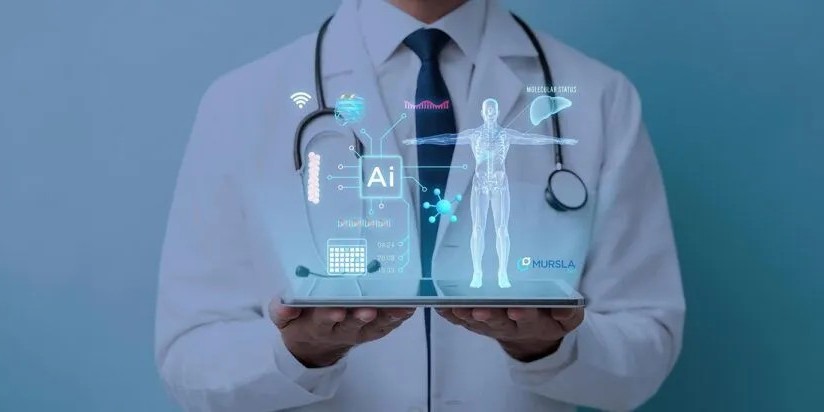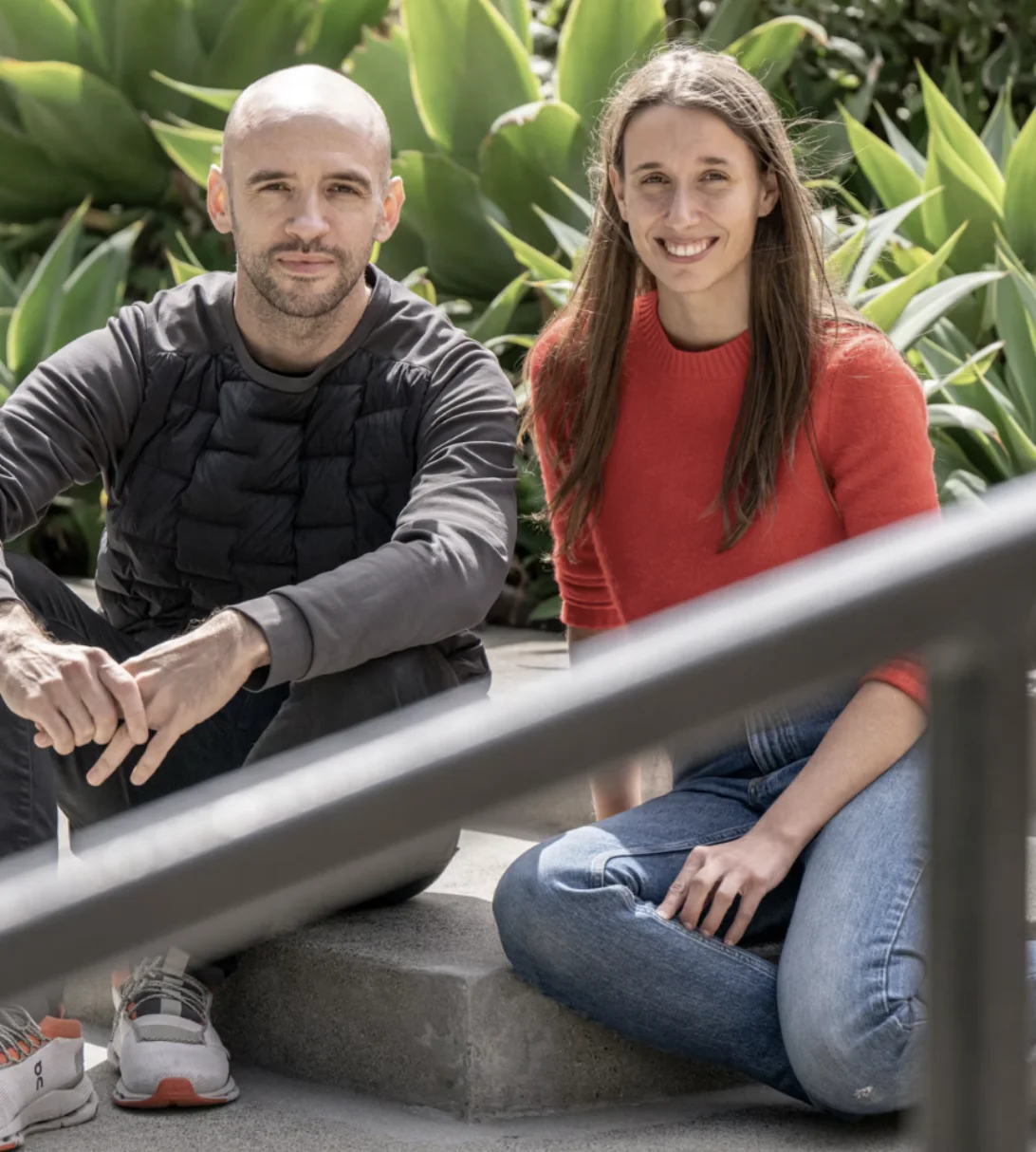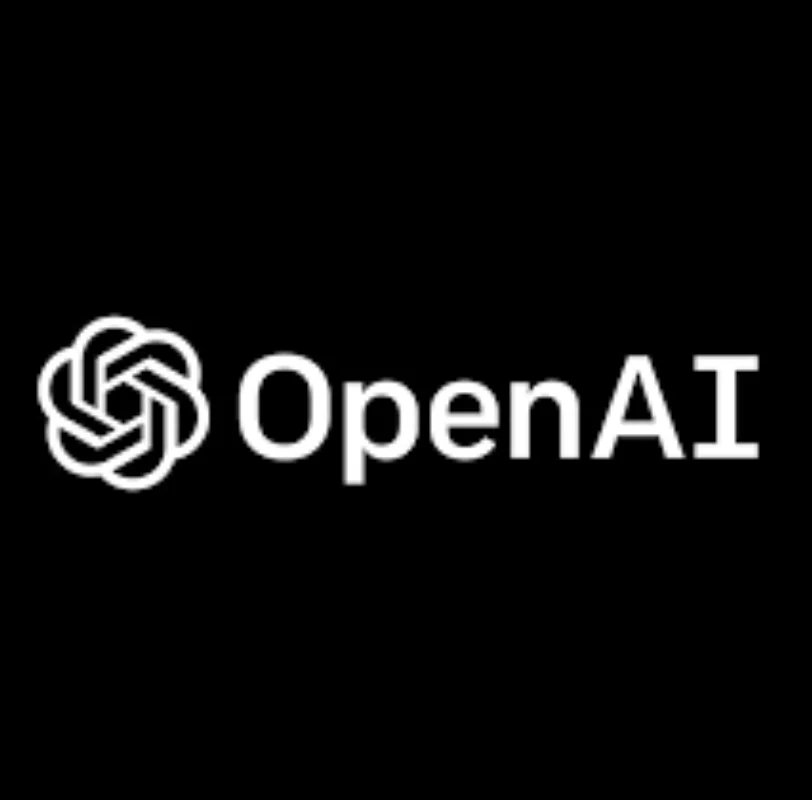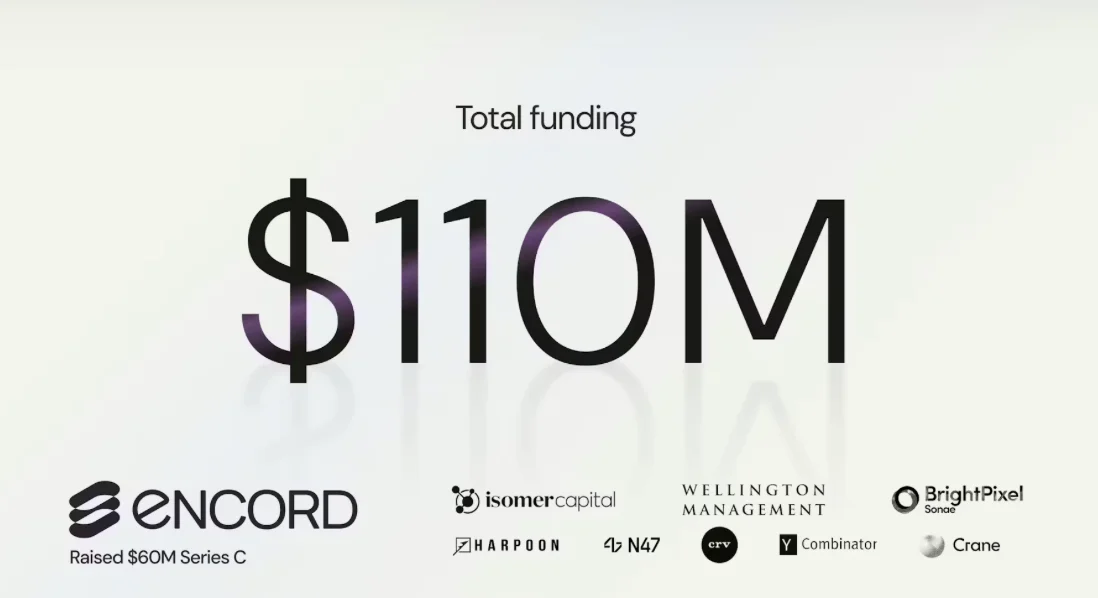Insider Brief
- Mursla Bio has commercially launched its AI Precision Medicine Platform, offering non-invasive, organ-specific molecular data from blood via extracellular vesicle (EV) analysis to support cancer diagnostics and broader disease monitoring.
- The company published a pre-print validating the first method for isolating hepatocyte-derived EVs from plasma, enabling liver-specific proteomic and miRNA profiling and forming the basis for EvoLiver™, an early liver cancer diagnostic with FDA Breakthrough Device Designation.
- Built for AI and clinical translation, the platform delivers structured, multi-omics datasets and is expanding into cardiometabolic, lung, and neurological disease applications while supporting pharma partnerships in precision medicine.
PRESS RELEASE – Mursla Bio, a leader in Extracellular Vesicle (EV) science on a mission to advance precision diagnostics and significantly improve cancer outcomes for at-risk patients, announced the commercial launch of its AI Precision Medicine Platform, alongside a pre-print¹ reporting the first validated method for isolating hepatocyte EVs from plasma for organ-specific proteomic and miRNA profiling. Mursla Bio is engaging with potential partners to apply its Platform to additional disease areas, biomarker discovery and IVD translation programs.
The Platform addresses a major gap in liquid biopsy and precision medicine: enabling non-invasive access to organ-specific molecular information from blood with high spatial and biological resolution. Mursla Bio’s Platform is built on its ability to isolate and analyze EVs which are secreted by specific organs into the bloodstream. The Platform reduces non-target background by up to five orders of magnitude compared to standard bulk EV isolation and significantly improves data structure, enhancing prediction model generalization.
The pre-print presents the first multi-layered validation of hepatocyte EV isolation in humans, confirming liver origin through proteomic and nucleic acid markers. Key supporting proteomics data was generated in collaboration with Evotec International GmbH. Patient samples were provided by University College London, with Professor Brian Davidson, a global leader in liver disease surgery and clinical research, contributing as a co-author. The study shows that Mursla Bio’s method yields robust, organ-specific multi-omics data using minimal blood volume, offering a novel scalable approach for biomarker and AI development.
Mursla Bio’s Platform incorporates optimized multi-omics workflows, embedded AI pipelines, and IVD translation processes to convert complex biological signals into practical, regulatory-grade assays. These assays are deployable on standard commercial instruments using patented, PCR and ELISA-like steps designed for clinical adoption. The Platform also underpins the development of EvoLiver™, the Company’s lead clinical program for liver cancer surveillance in cirrhotic patients. Built on multi-omics data from over 300 patients, EvoLiver achieved 86% sensitivity and 88% specificity on a locked, IVD-compatible assay for early-stage hepatocellular carcinoma detection², and has received Breakthrough Device Designation from the FDA³.
Pierre Arsène, Founder and CEO of Mursla Bio, said: “EVs are nature’s native signal enrichment system for long-distance communication between cells and organs. Our platform harnesses this biology to non-invasively access organ-specific, multi-omics data from just a small blood sample. It produces structured, biologically labeled datasets that are optimized for AI and ready to support diagnostic translation. EvoLiver is our first proof point of real-world clinical impact, and we are now expanding access to the platform to advance our pipeline and enable partnerships across other disease areas.”
Mursla Bio is expanding its pipeline and collaborations, with additional organ programs underway in cardiometabolic, lung, and neurological indications. The Platform will support pharma development through dynamic patient stratification, therapeutic response monitoring, surrogate markers and molecular phenotyping across complex disease biology.
- Pre-print publication: “Organ-specific isolation of hepatocyte extracellular vesicles from human plasma enables tissue-resolved proteomic and miRNA profiling”
- Press release: Mursla Bio’s EvoLiver surpasses current standards in liver cancer surveillance
- Press release: Mursla Bio receives FDA Breakthrough Device Designation for EvoLiver™ test






